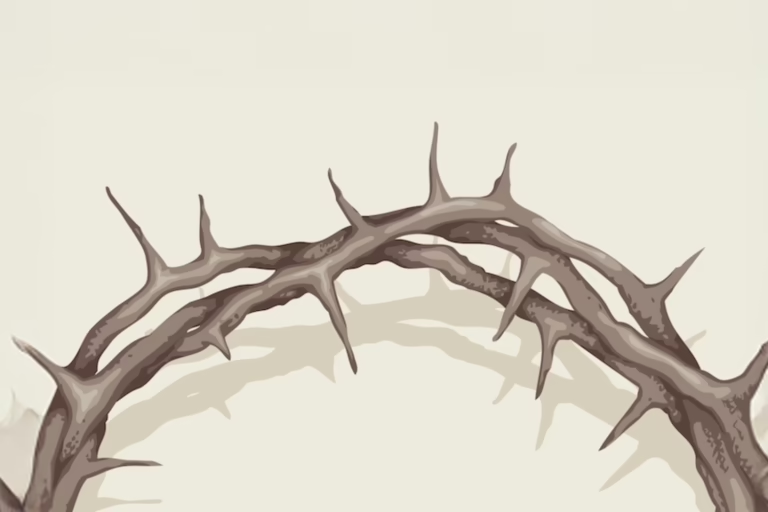Read: Philippians 2:5-11
He made himself nothing by taking the very nature of a servant. (v. 7 NIV)
Have you ever seen a painting of the manger scene by one of the Renaissance masters? The setting is clearly European, with Italian ruins or snow-covered German villages in the background. The poet Christina Rossetti does something similar, setting the Christmas story in her native England “in the bleak midwinter,” when “frosty wind made moan, / earth stood hard as iron, water like a stone; / snow had fallen, snow on snow, snow on snow.”
Of course, we don’t actually know when Jesus was born, not even the exact year let alone the season. And it is highly unlikely that the ground around Bethlehem was frozen solid and buried in snowdrifts on the first Christmas. But this much is true: God did enter our world in the dead of winter, symbolically speaking, when our prospects were bleak and hope seemed frozen.
What a comedown it was for him! In two lines Rossetti paints the contrast between the glory of the Son of God and the lowliness of the baby Jesus: In the bleak midwinter a stable place sufficed / the Lord God Almighty, Jesus Christ.
Such condescension, such voluntary self-humbling by God, makes an impossible demand: what could we ever give in response? Rossetti’s answer is to give him my heart, which really means myself—all of me.
As you pray, give God your heart.
Listen along: In the Bleak Midwinter – Tenebrae Choir
About the Author

Rev. David Bast
David Bast is a writer and pastor who served for 23 years as the President and Broadcast Minister for Words of Hope. In his more than 40 years of devotional writing and preaching, he has been encouraging believers around the world to be shaped by God and his Word.
Prior to his ministry and work at Words of Hope, Dave served as a pastor for 18 years in congregations in the Reformed Church in America. A graduate of Hope College and Western Theological Seminary, he is the author of nine devotional books and Bible studies, includingWhy Doesn't God Act More Like God,Christ in the Psalms, andA Gospel for the World.
Dave and his wife, Betty Jo, have four children and eight grandchildren. Dave enjoys reading, growing tomatoes, and avidly follows the Detroit Tigers.
- Rev. David Bast#molongui-disabled-link
- Rev. David Bast#molongui-disabled-link
- Rev. David Bast#molongui-disabled-link
- Rev. David Bast#molongui-disabled-link

